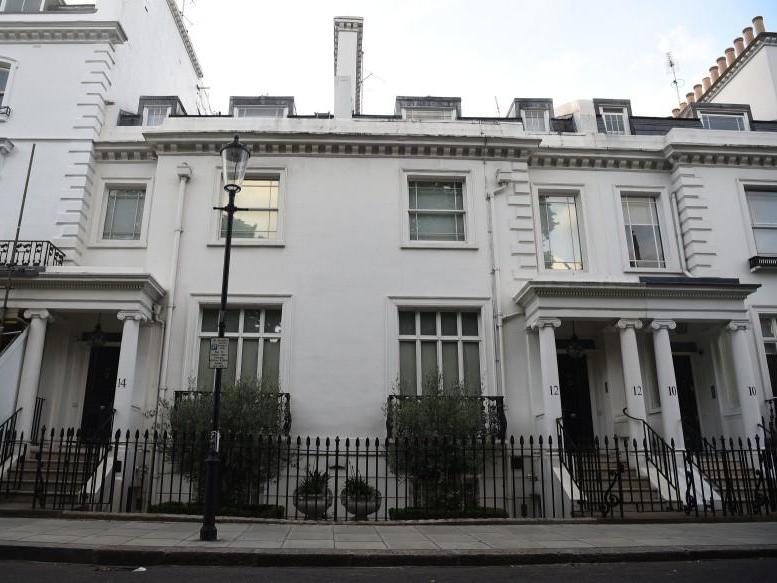Jailed banker's wife at centre of first McMafia order loses appeal to have case dismissed
Zamira Hajiyeva argues husband’s conviction was ‘central feature’ of application for order and result of ‘grossly unfair trial’

The wife of a jailed “fat cat banker” who splurged millions at Harrods has lost her appeal over the UK’s first so-called McMafia wealth order.
Zamira Hajiyeva, who spent £16m at the department store over the course of a decade, attempted to overturn an unexplained wealth order (UWO) obtained by the National Crime Agency (NCA).
The order was against a property in Knightsbridge, central London, bought for £11.5m in 2009 by a company incorporated in the British Virgin Islands.
Ms Hajiyeva’s husband, Jahangir Hajiyev, was the chairman of the state-controlled International Bank of Azerbaijan from 2001 until his resignation in 2015, and was later sentenced to 15 years’ imprisonment for fraud and embezzlement.
The 56-year-old argued her husband’s conviction, which she says was “the central feature” of the NCA’s application for the UWO, was the result of a “grossly unfair trial” and should be discharged.
But giving judgment in London on Wednesday, Lord Chief Justice Lord Burnett, sitting with Lord Justice Davis and Lord Justice Simon, dismissed her appeal.
Lord Burnett added that Ms Hajiyeva’s application for permission to appeal against the court’s judgment had been refused.
Ms Hajiyeva was the first person to be made subject to a UWO – a new power brought into force in January 2018 under so-called McMafia laws, named after the BBC organised crime drama and the book which inspired it.

A UWO allows the NCA to seize someone’s assets if they believe the owner is a politically exposed person – someone from outside the European Economic Area in a position of power that makes them liable to bribery or corruption – and they are unable to explain the source of their wealth.
In a High Court ruling in October 2018, dismissing Ms Hajiyeva’s initial attempt to overturn the UWO, Mr Justice Supperstone said “three separate loyalty cards were issued to Mrs Hajiyeva” by Harrods, where she spent more than £16m between September 2006 and June 2016.
Court documents later released to the media revealed Ms Hajiyeva blew £600,000 in a single day during a decade-long spending spree.
The NCA subsequently seized jewellery worth more than £400,000 from auction house Christie’s, which was valuing the items for Ms Hajiyeva’s daughter, over suspicions about how the jewellery had been purchased.
In September, Ms Hajiyeva fought off an attempt to extradite her to Azerbaijan to face fraud and embezzlement charges on the grounds that she would not get a fair trial.
In a statement after the ruling, Sarah Pritchard, director of the NCA’s National Economic Crime Centre, said: “This is a significant result which is important in establishing unexplained wealth orders as a powerful tool helping us to investigate illicit finance generated in, or flowing through, the UK.
“As a new piece of legislation we anticipated there would be legal challenge – we are pleased the court has upheld the case today. It will set a helpful precedent for future UWO cases.”
Andy Lewis, head of asset denial at the NCA, added: “We will continue to seek opportunities to use these orders to tackle illicit finance and fight serious and organised crime.”
Additional reporting by Press Association
